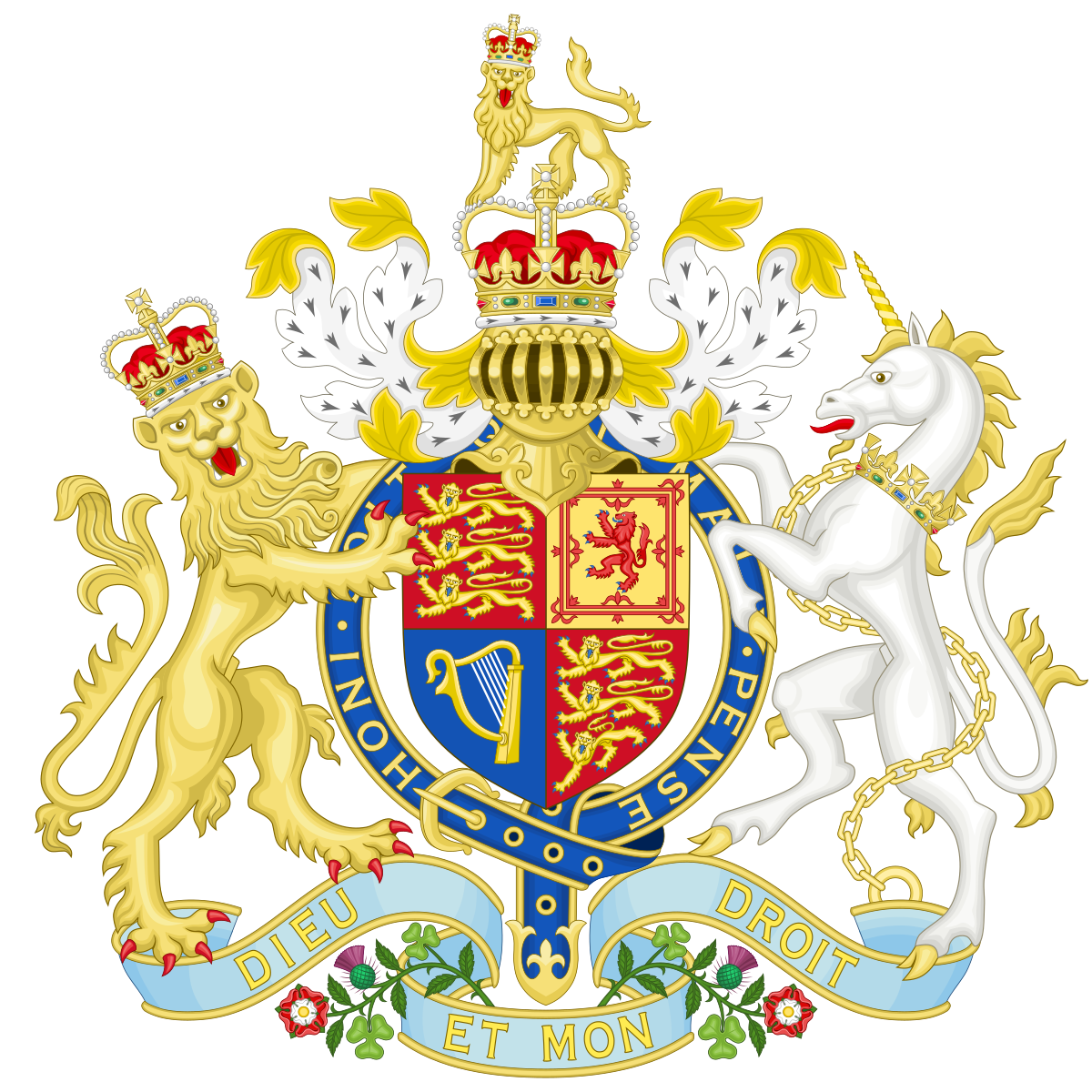
At just ten years old, Princess Charlotte of Wales is quietly making history in a way that would have seemed impossible just a generation ago. While her great-aunt Princess Anne watched helplessly as younger brothers leapfrogged ahead of her in the line of succession, Charlotte stands firm in her position—and it's all thanks to a revolutionary change that's reshaping the very DNA of the British monarchy.
Princess Charlotte is the first person in the immediate royal family to benefit from the 2013 Succession to the Crown Act, which ensures she maintains her place in succession ahead of her younger brother Prince Louis. It's a milestone that represents the end of nearly nine centuries of male-dominated succession rules.
Breaking the 'heir and spare' curse that haunted generations
The phrase 'heir and spare' has long been whispered through the corridors of royal residences, carrying with it the weight of centuries of sibling rivalry and resentment.
Throughout British history, male preference primogeniture operated to displace capable women, notably when Princess Victoria's younger brother became King Edward VII, despite her being older.
'For the first time in British history, the spare is a princess, even though she has a younger brother.'
This ancient system created what royal historians now refer to as the 'heir and spare curse', describing a pattern of rivalry and resentment between siblings that has plagued royal families for generations. Think of the tensions between King Charles and Prince Andrew, or the very public rift between Prince William and Prince Harry.
Royal expert Tom Quinn explains that with George, Charlotte and Louis, the new succession rules 'will make things a lot easier because there won't be two males like two deer clashing antlers anymore'.
A Commonwealth-wide revolution in royal succession
The changes weren't just a British decision—all 16 Commonwealth realms, including Australia, had to enact the required legislation before the new rules could take effect, showing unified effort to modernise succession laws throughout the Commonwealth.
Former Prime Minister David Cameron called the previous rules 'outdated,' stating: 'The idea that a younger son should become monarch instead of an elder daughter simply because he is a man… is at odds with the modern countries that we have become'.
Did you know?
The 2013 Succession to the Crown Act key changes
Males born after 28 October 2011 no longer precede their elder sisters in succession; the eldest child, regardless of gender, now takes precedence over younger siblings. The Act also removed the ban on marrying Roman Catholics, though Catholics themselves still cannot inherit the throne.
The timing was perfect. When the Act came into force in May 2013, Catherine was expecting Prince George, but the provisions took on real significance for Charlotte when she was born on 2 May 2015, just after the law's implementation on 26 March 2015.
Princess Charlotte's similarity to Princess Anne
Royal watchers have been struck by the uncanny parallels between Charlotte and her great-aunt, Princess Anne. Both are the second child and only daughter, and both display that distinctive royal backbone; both have earned reputations for keeping their brothers in line.
Princess Anne, however, remains behind her younger brothers, Prince Andrew and Prince Edward, because she was born before the 2013 Act came into effect, meaning her brothers and their children precede her in the line of succession.
Royal commentator Phil Dampier noted the striking similarities: 'Charlotte reminds me of the Princess Royal, as she's a strong character and able to tell her brothers what to do.' Children's fashion designer Amaia Arrieta, who has met the Wales children, agrees: 'Much like Princess Anne to King Charles, she will be dependable and a great asset to him.'
A different dynamic emerges between the Wales children
According to Royal insiders, the change in succession rules is fostering a healthier dynamic between the Wales siblings.
Rather than the competitive atmosphere that often develops between potential rivals, Charlotte has reportedly become Prince George's biggest supporter.
'William's observed there's much less competition between George and Charlotte, who's become her big brother's number one cheerleader,' a source revealed. 'She wants him to be the best, and he trusts her to tell him the truth, even when it hurts.'
What the future holds for Charlotte
The Princess Royal title, currently held by Princess Anne, is typically bestowed upon the monarch's eldest daughter.
As King Charles has no daughters, the title will likely be held in abeyance once Anne passes away; however, it's anticipated that Charlotte will be granted this title once Prince William ascends the throne.
Royal author Robert Jobson has suggested that King Charles wishes for Charlotte to one day take the title of 'Duchess of Edinburgh,' though this remains speculation.
Did you know?
The changes to succession law resulted from a 2011 agreement among leaders of all 16 Commonwealth countries, headed by Queen Elizabeth II, who unanimously agreed that birth order, rather than gender, would determine succession for future royal children. This means Australia played a direct role in Charlotte's historic position.
A monarchy fit for the modern world
The abolition of male primogeniture marked a profound shift in British monarchy traditions, representing not just a legal adjustment but a step toward rectifying historical inequalities and paving the way for a more modern and inclusive monarchy.
For Australian royal watchers, Charlotte holds particular significance. A 2016 poll found that 75 per cent of British adults believed the 'Monarchy has a critical role to play in the future of Britain', and Charlotte's pioneering position suggests that role will be more inclusive than ever before.
While it's still early days, the signs are promising. Charlotte's generation of royals is growing up in a world where capability, not gender, determines their place in the hierarchy. For a monarchy that has survived and thrived by adapting to changing times, this shift toward genuine equality might be the key to its continued relevance.
The little girl who made history simply by being born is now growing into her role as a bridge between the monarchy's storied past and its more equitable future. And for the first time in nearly a millennium, being the 'spare' doesn't mean being sidelined.
What do you think about these changes to royal succession? Do you believe Princess Charlotte will indeed help modernise the monarchy for future generations? Share your thoughts in the comments below.
Primary source
Succession to the Crown Act 2013—Wikipedia
Cited text: 'The current first affected successor in line is Princess Charlotte of Wales, who would otherwise be preceded by Prince Louis of Wales. '
Excerpt: Princess Charlotte is the first person in the immediate royal family to benefit from the 2013 Succession to the Crown Act, which ensures she maintains her place in succession ahead of her younger brother Prince Louis.

Princess Charlotte's very special role in the monarchy 'for the first time in British history' as a spare
Cited text: 'Tom Quinn explains that with George, Charlotte and Louis, the new rule “will make things a lot easier because there won’t be two males like two deer...'
Excerpt: Royal expert Tom Quinn explains that with George, Charlotte and Louis, the new succession rules 'will make things a lot easier because there won't be two males like two deer clashing antlers anymore'.

Princess Charlotte's very special role in the monarchy 'for the first time in British history' as a spare
As third in line to the throne and the 'spare' Princess Charlotte is undoubtedly making history for the British monarchy. royal-insider.com
royal-insider.com
Could Princess Charlotte Ever be Queen?
Cited text: 'The Princess Royal title, currently held by Princess Anne, is not automatically passed down but is bestowed by the reigning monarch. As King Charles I...'
Excerpt: The Princess Royal title, currently held by Princess Anne, is typically bestowed upon the monarch's eldest daughter.

Could Princess Charlotte Ever be Queen?
Discover the possibilities of Princess Charlotte becoming Queen of England. Explore the royal line of succession and historical precedents.hattonsoflondon.com
Why Princess Charlotte Just Made Royal History
Cited text: 'The young royal owes her thanks to a 2011 agreement among the leaders of the Commonwealth—the 16 countries headed by Elizabeth II—which unanimously ag...'
Excerpt:
The changes to succession law resulted from a 2011 agreement among leaders of all 16 Commonwealth countries, headed by Queen Elizabeth II, who unanimously agreed that birth order, rather than gender, would determine succession for future royal children.
https://www.smithsonianmag.com/smart-news/princess-charlotte-royal-history-180968877/







